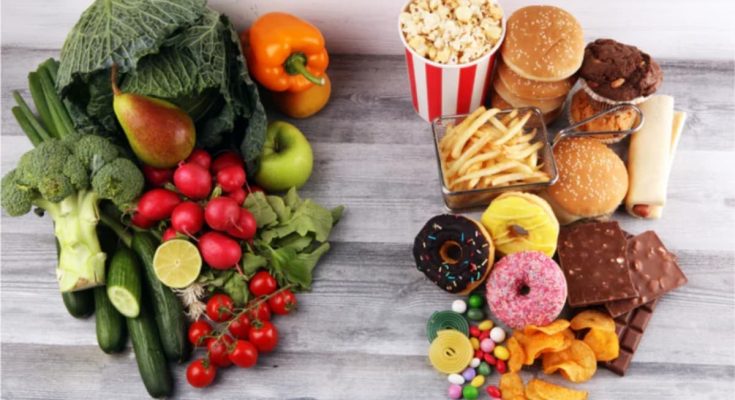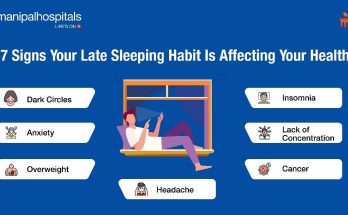In today’s fast-paced business environment, where demands are high and time is often scarce, the temptation to reach for quick, convenient, and often unhealthy snacks is a pervasive challenge. These easily accessible options—from sugary drinks and refined carbohydrate-laden biscuits to deep-fried crisps—might offer a momentary energy boost or a fleeting sense of comfort, but their long-term impact on our physical well-being, cognitive function, and sustained productivity can be surprisingly detrimental. Shifting away from these nutritional pitfalls isn’t about deprivation; it’s about strategic, smart substitutions that fuel the body and mind more effectively, enhancing focus, sustaining energy levels, and ultimately contributing to overall professional performance.
The first step in making smart snack substitutions is to understand why we reach for unhealthy options in the first place. Often, it’s a combination of convenience, habit, and a response to stress or boredom. The highly processed nature of many popular snacks makes them incredibly palatable, triggering dopamine responses that can mimic addiction. Furthermore, a sudden dip in blood sugar due to irregular meals or lack of complex carbohydrates can lead to intense cravings for quick sugars. Recognizing these triggers is crucial. Instead of viewing snacking as a moral failing, consider it an opportunity to make a more informed choice that better supports your personal and professional goals.
One of the simplest yet most impactful substitutions involves replacing sugary beverages with **water or infused water**. The insidious nature of calories from sweetened drinks is often underestimated. Sodas, energy drinks, and even many fruit juices are laden with added sugars that lead to rapid energy spikes followed by inevitable crashes, contributing to fatigue and difficulty concentrating. Plain water, by contrast, is essential for every bodily function, including optimal brain performance. Dehydration, even mild, can impair cognitive functions like memory and attention. For those who find plain water unappealing, infusing it with slices of fruit (like lime, cucumber, or berries), fresh mint, or ginger can add flavor without the detrimental sugar load, offering a refreshing and genuinely rehydrating alternative that supports sustained mental clarity throughout a demanding workday.
Another highly effective swap targets the ubiquitous refined carbohydrate snacks such as biscuits, pastries, and white bread sandwiches. These items often provide a quick burst of glucose, leading to a temporary surge in energy, but are rapidly digested, causing blood sugar to plummet soon after. A superior alternative lies in snacks rich in **complex carbohydrates and fiber**, coupled with a source of protein or healthy fats. Consider a handful of **unsalted almonds or cashews**—common and easily accessible even in Bangkok’s convenience stores—which offer healthy fats, protein, and fiber for sustained energy. Alternatively, **whole-grain crackers with a slice of cheese or a dollop of hummus** provides a more balanced release of energy and keeps hunger at bay for longer. These options prevent the “sugar crash” that can lead to mid-afternoon slumps in productivity, helping maintain focus through critical tasks.
For those who crave savory and crunchy textures, the switch from deep-fried potato crisps to healthier alternatives is relatively straightforward. Instead of relying on snacks high in unhealthy fats and sodium, opt for **air-popped popcorn (lightly seasoned), baked vegetable chips (like sweet potato or kale chips), or even a small portion of roasted chickpeas.** These alternatives offer the satisfying crunch without the excessive unhealthy fats and often provide beneficial fiber and nutrients. In Thailand, fresh fruit vendors are plentiful; a small bag of **sliced green mango with a hint of chili and salt, or crisp guava slices,** offers a vibrant, healthier alternative to processed snacks. These substitutions satisfy the craving for texture while delivering genuine nutritional value, contributing to satiety and better digestive health.
The allure of sugary treats often proves to be one of the toughest habits to break. Instead of reaching for candy bars, chocolates, or sugary desserts, intelligent substitutions focus on satisfying the sweet tooth naturally and with added nutritional benefits. **Fresh fruit** is a champion in this category—a banana, an apple, a handful of berries, or a segment of juicy orange provides natural sugars along with essential vitamins, minerals, and fiber. For something more indulgent yet still healthy, a small portion of **Greek yogurt with a drizzle of honey and some berries** offers protein for satiety alongside natural sweetness. In the Thai context, a small serving of **seasonal fruits like rambutan, longan, or a few pieces of ripe papaya** can be incredibly satisfying and far more beneficial than processed sweets. These choices provide sustained energy and micronutrients rather than empty calories, preventing the energy rollercoaster that sugar induces.
Ultimately, making smart substitutions for unhealthy snacks is a strategic decision that reflects a commitment to personal well-being and professional efficacy. It’s about empowering yourself with choices that genuinely fuel your body and mind, leading to improved concentration, sustained energy, better mood regulation, and enhanced overall productivity. By making these thoughtful swaps, individuals can transform their snacking habits from a potential drain on performance into a powerful support system for achieving their fullest potential in the demanding world of business.




